Delta-8 tetrahydrocannabinol, commonly known as Delta-8 THC, has emerged as a popular cannabinoid in recent years. While it shares similarities with Delta-9 THC, the primary psychoactive component of cannabis, Delta-8 THC is distinct in its chemical structure and effects. This article explores what Delta-8 THC is, its effects, and the reasons behind its legal status in various states.
What is Delta-8 THC?
Delta-8 THC is a cannabinoid found in cannabis plants, though it is present in much smaller quantities compared to Delta-9 THC. Both Delta-8 and Delta-9 THC are forms of tetrahydrocannabinol, but they differ in their chemical bonds. Delta-8 THC has a double bond on the eighth carbon chain, while Delta-9 THC has it on the ninth.
Despite these chemical differences, Delta-8 THC interacts with the body’s endocannabinoid system similarly to Delta-9 THC. This interaction can produce psychoactive effects, but they are generally reported to be milder and less anxiety-inducing than those of Delta-9 THC.
Effects of Delta-8 THC
Delta-8 THC is known for its unique set of effects:
-
Mild Psychoactivity: Users often report that Delta-8 THC provides a more subdued and clear-headed high compared to Delta-9 THC. It may produce euphoria, relaxation, and mild cognitive impairment, but typically with fewer intense effects or anxiety.
-
Appetite Stimulation: Similar to Delta-9 THC, Delta-8 THC may stimulate appetite, making it potentially beneficial for individuals with decreased appetite due to medical conditions.
-
Anti-Nausea and Pain Relief: Anecdotal evidence suggests that Delta-8 THC may help alleviate nausea and pain, offering therapeutic potential for various conditions.
Why is Delta-8 THC Legal in Some States?
The legal status of Delta-8 THC is complex and varies by state. Its legality often hinges on federal and state laws, and the interpretation of the 2018 Farm Bill.
1. The 2018 Farm Bill
The 2018 Farm Bill legalized hemp-derived cannabinoids, including Delta-9 THC, as long as they contain less than 0.3% Delta-9 THC by dry weight. This bill was primarily aimed at regulating hemp and its derivatives, including CBD.
Delta-8 THC, being a minor cannabinoid, was not explicitly addressed in the Farm Bill. As a result, some legal interpretations suggest that Delta-8 THC derived from hemp may be legally produced and sold, as long as it meets the THC content criteria outlined in the Farm Bill.
2. State-Level Regulations
The legality of Delta-8 THC varies significantly from state to state:
-
States Where It Is Legal: In states where Delta-8 THC is legal, it is often classified under the same provisions that apply to hemp-derived products. These states may allow the sale and use of Delta-8 THC products, including edibles, tinctures, and vape cartridges.
-
States With Restrictions or Bans: Some states have specifically addressed Delta-8 THC in their regulations, either by explicitly banning it or by considering it illegal due to its psychoactive properties. These states may impose restrictions or outright bans on the sale and use of Delta-8 THC products.
-
States in Legal Grey Areas: In certain states, the legality of Delta-8 THC remains ambiguous, with ongoing debates and potential changes in legislation. The evolving nature of cannabis laws means that the legal status of Delta-8 THC may continue to shift as new regulations are introduced.
Factors Influencing Delta-8 THC Legality
Several factors influence the legal status of Delta-8 THC:
-
Legal Interpretations: Different states interpret federal and state cannabis laws in various ways, leading to a patchwork of regulations regarding Delta-8 THC.
-
Regulatory Actions: Some states may introduce specific legislation or regulations that either permit or restrict Delta-8 THC based on local policy decisions and public health considerations.
-
Consumer Demand: The growing interest in Delta-8 THC products may prompt regulatory bodies to address its legality more directly, leading to clearer guidelines and potential changes in the law.
Conclusion
Delta-8 THC represents a unique cannabinoid with effects that differ from its more well-known counterpart, Delta-9 THC. Its legal status is influenced by federal laws, state regulations, and ongoing debates within the cannabis industry. While it remains legal in some states, it is essential for consumers to stay informed about the specific regulations in their area to ensure compliance with local laws. As the legal landscape continues to evolve, Delta-8 THC’s status may change, reflecting broader shifts in cannabis policy and regulation.


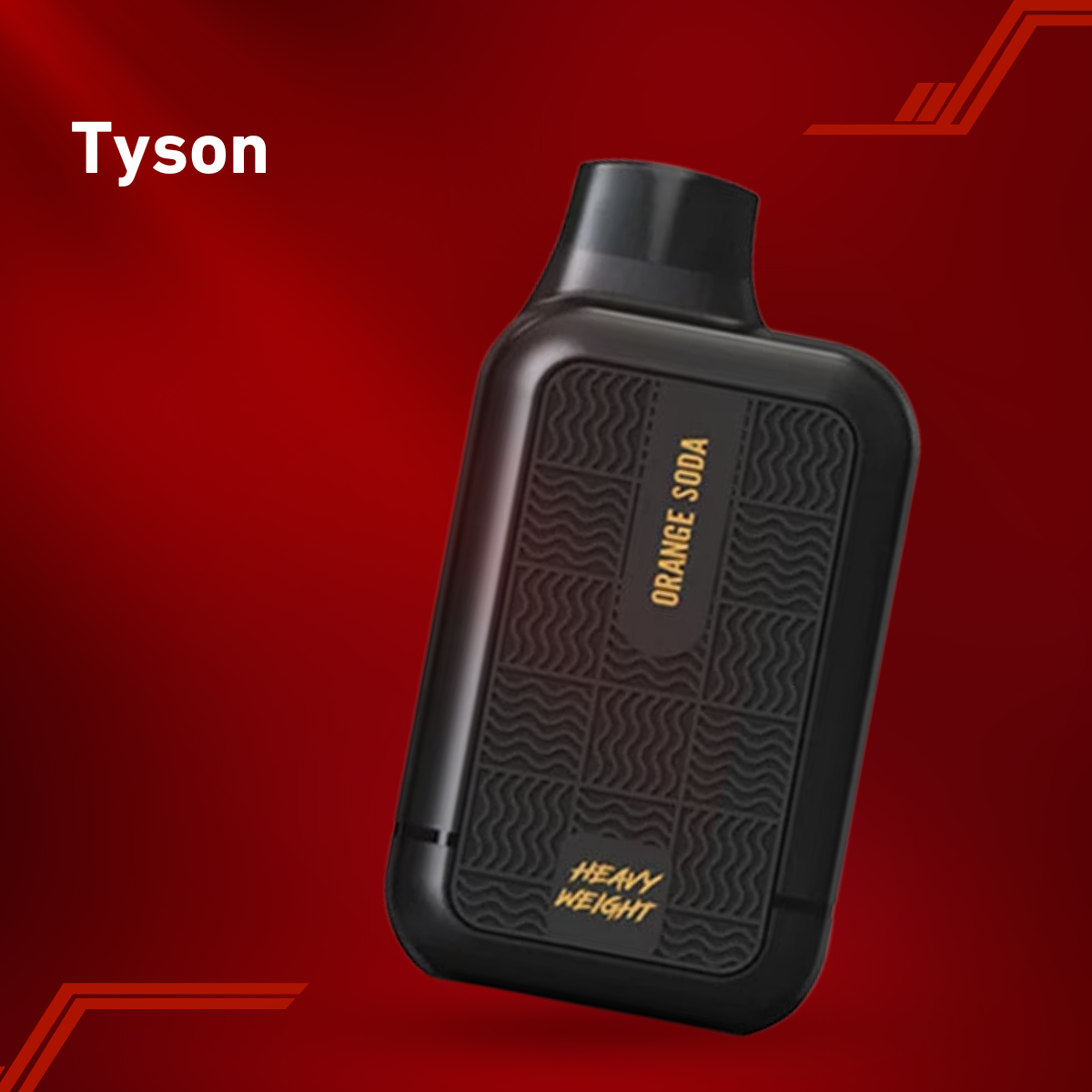
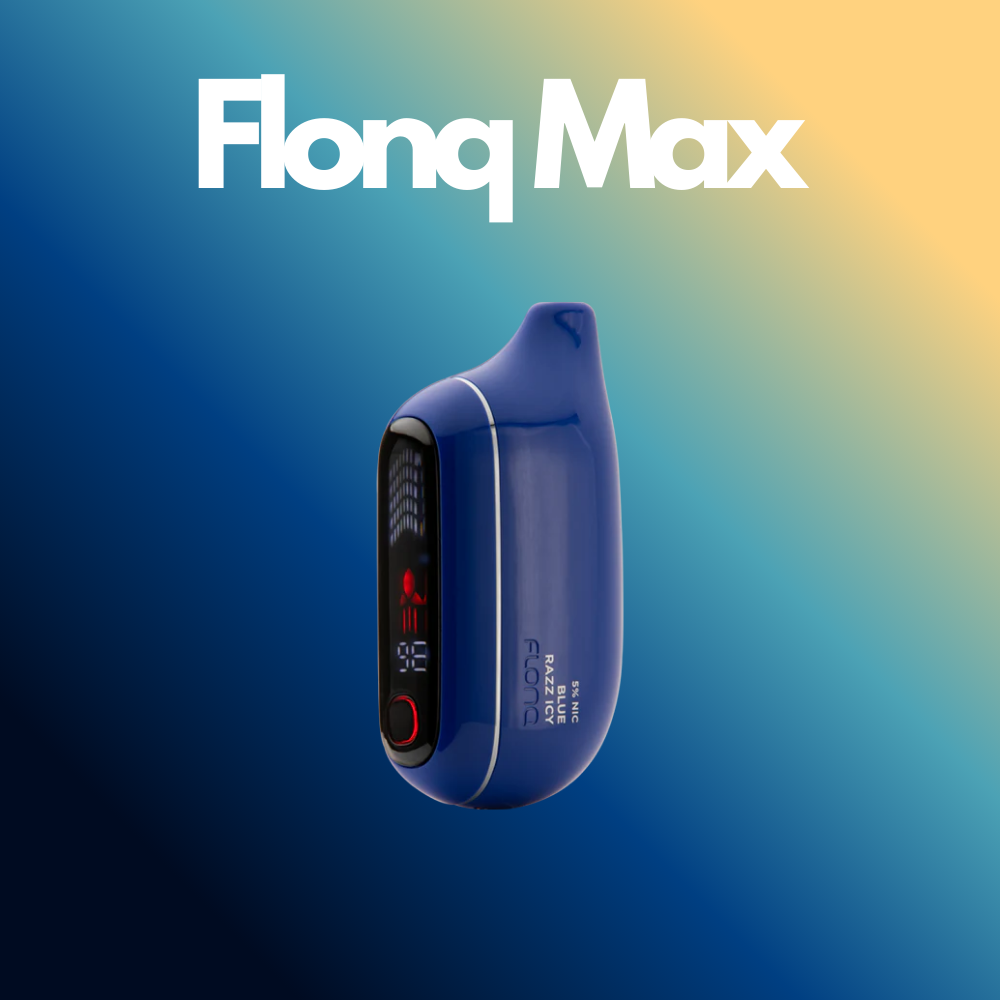
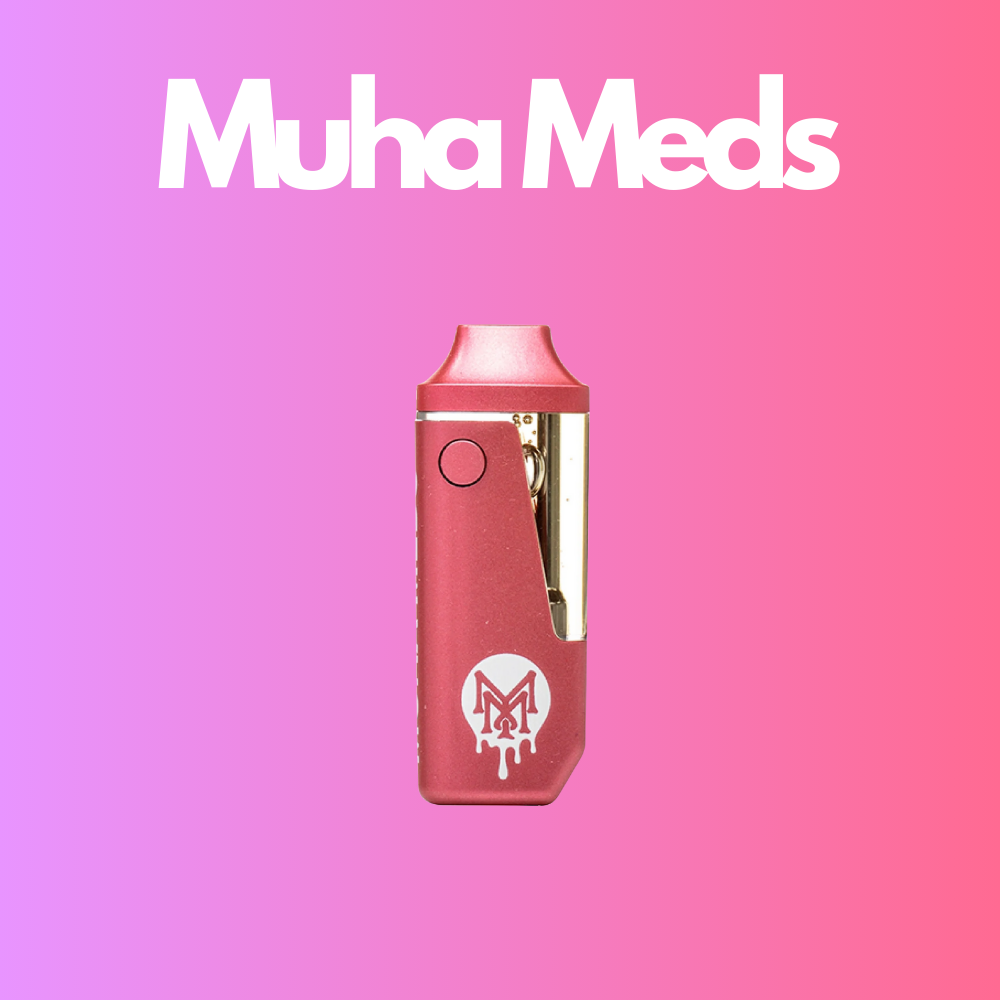


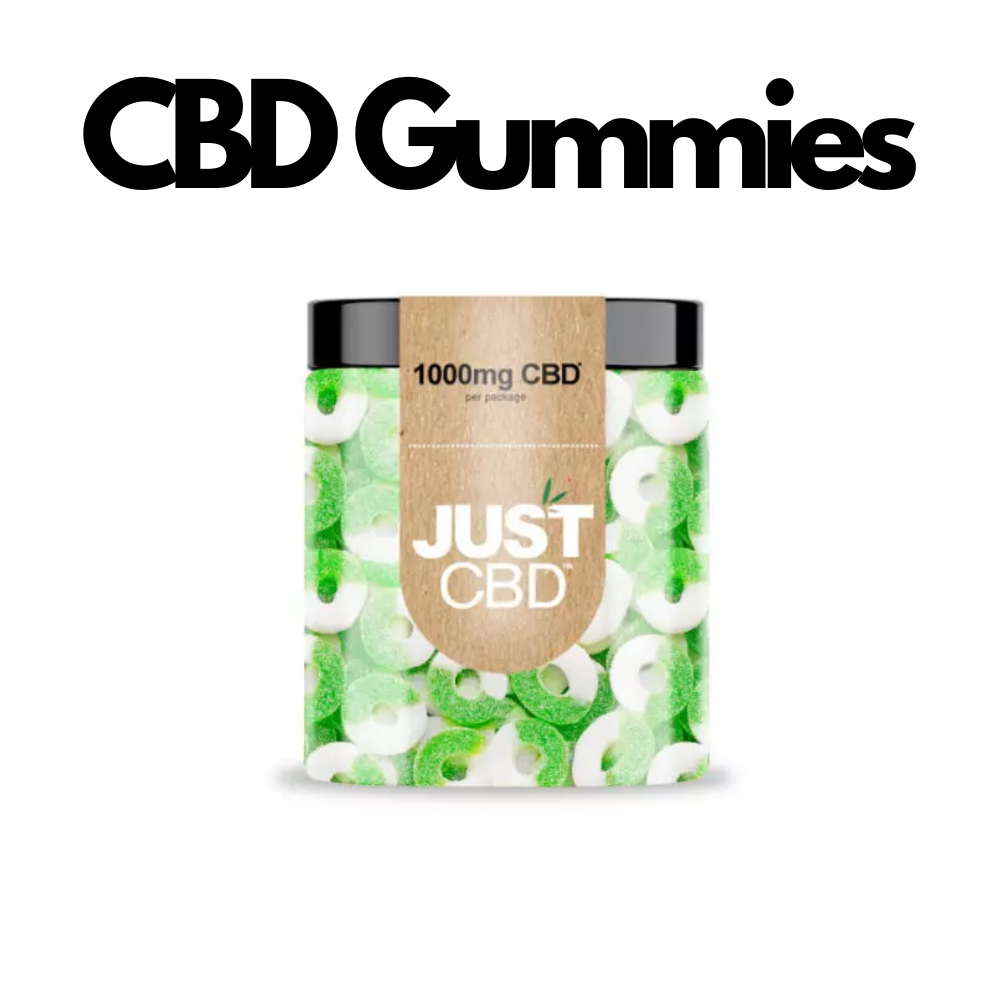
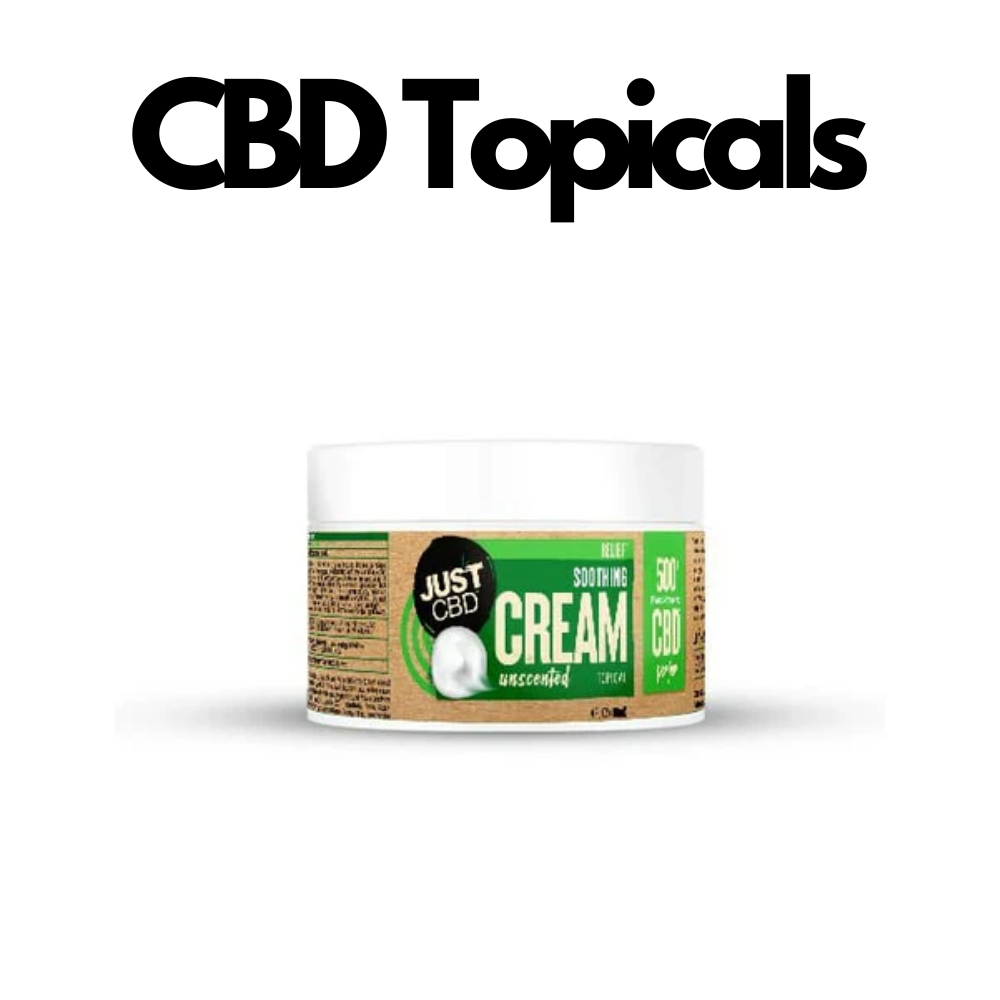



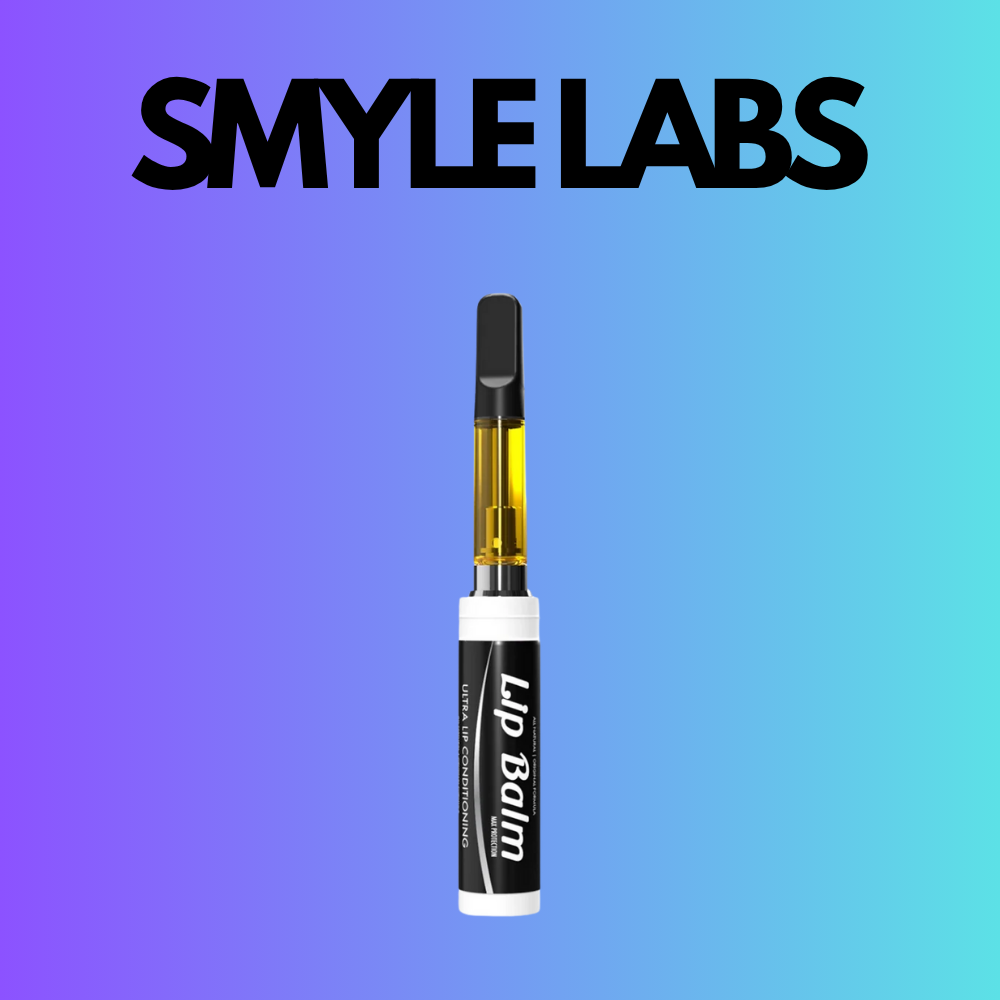
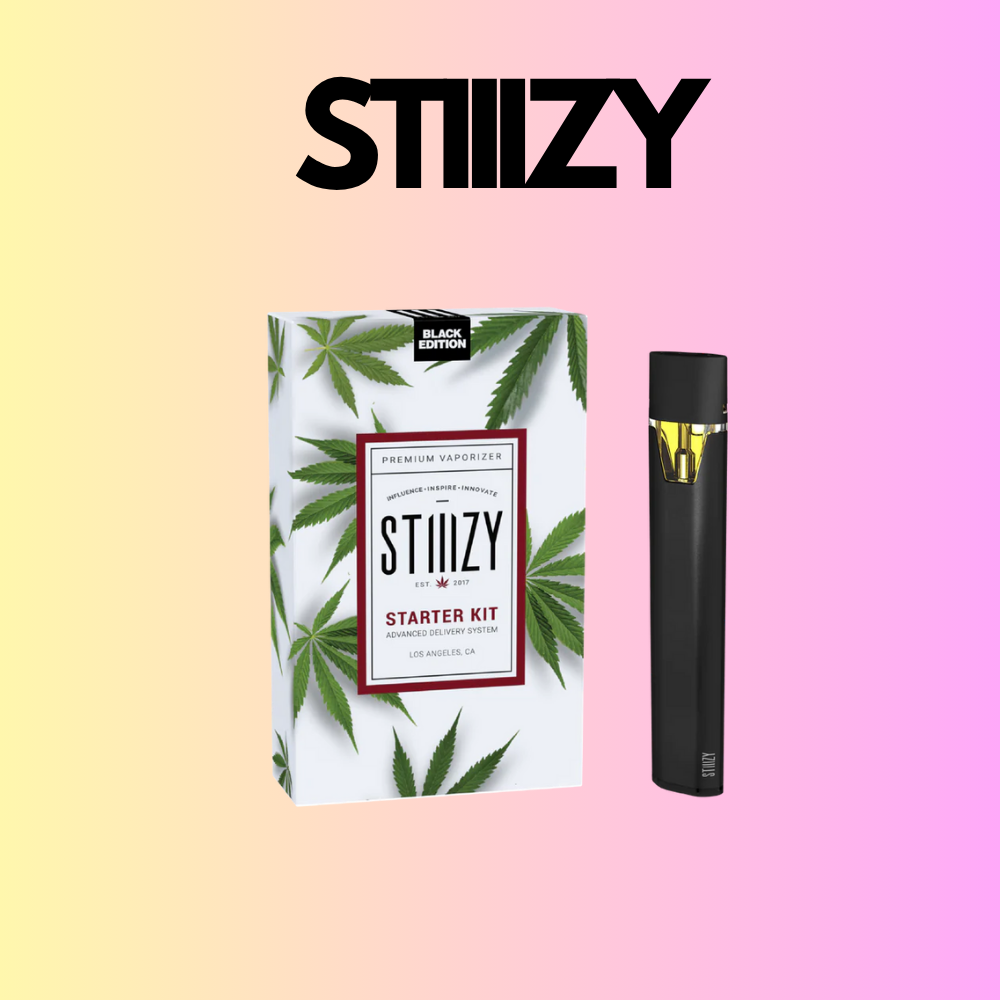
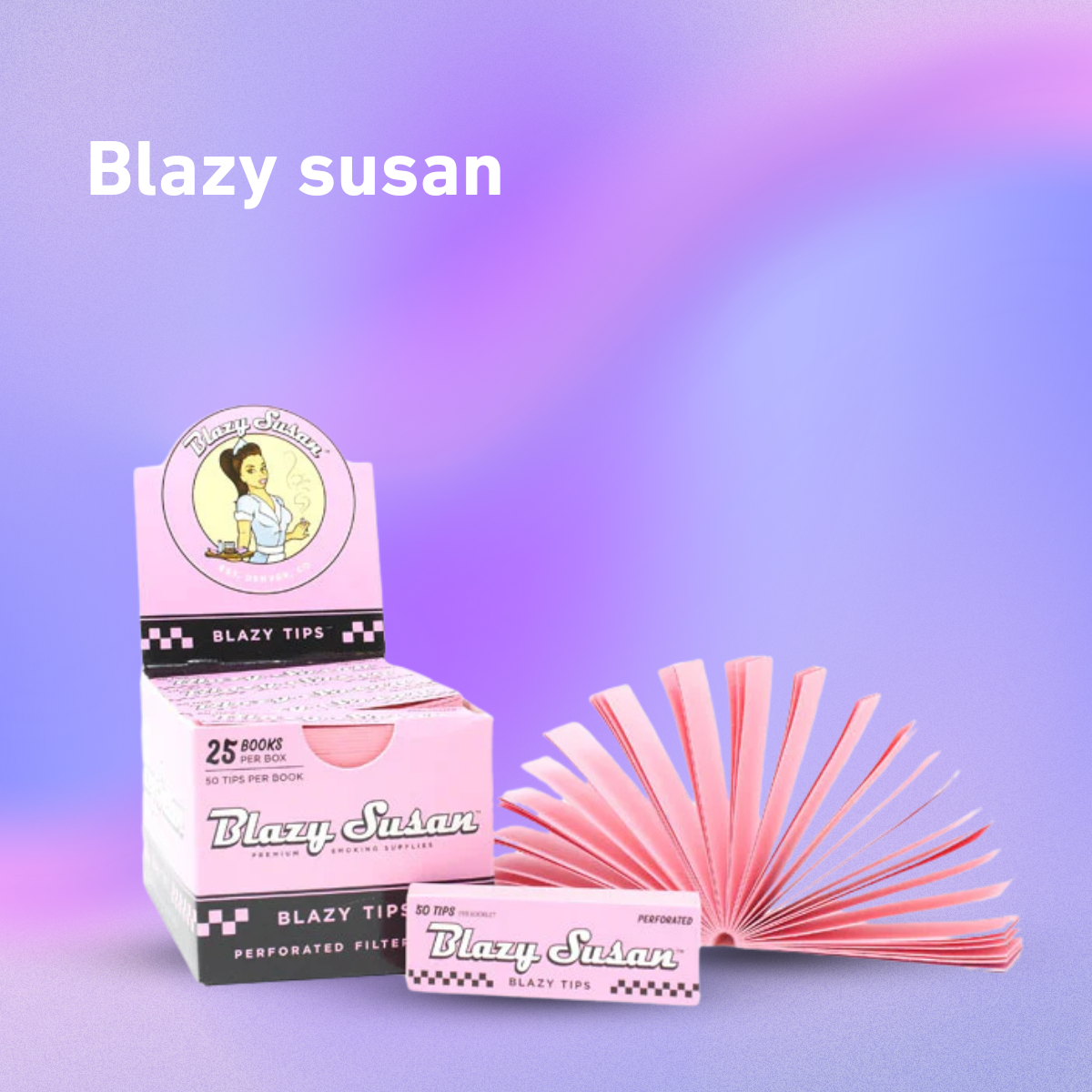
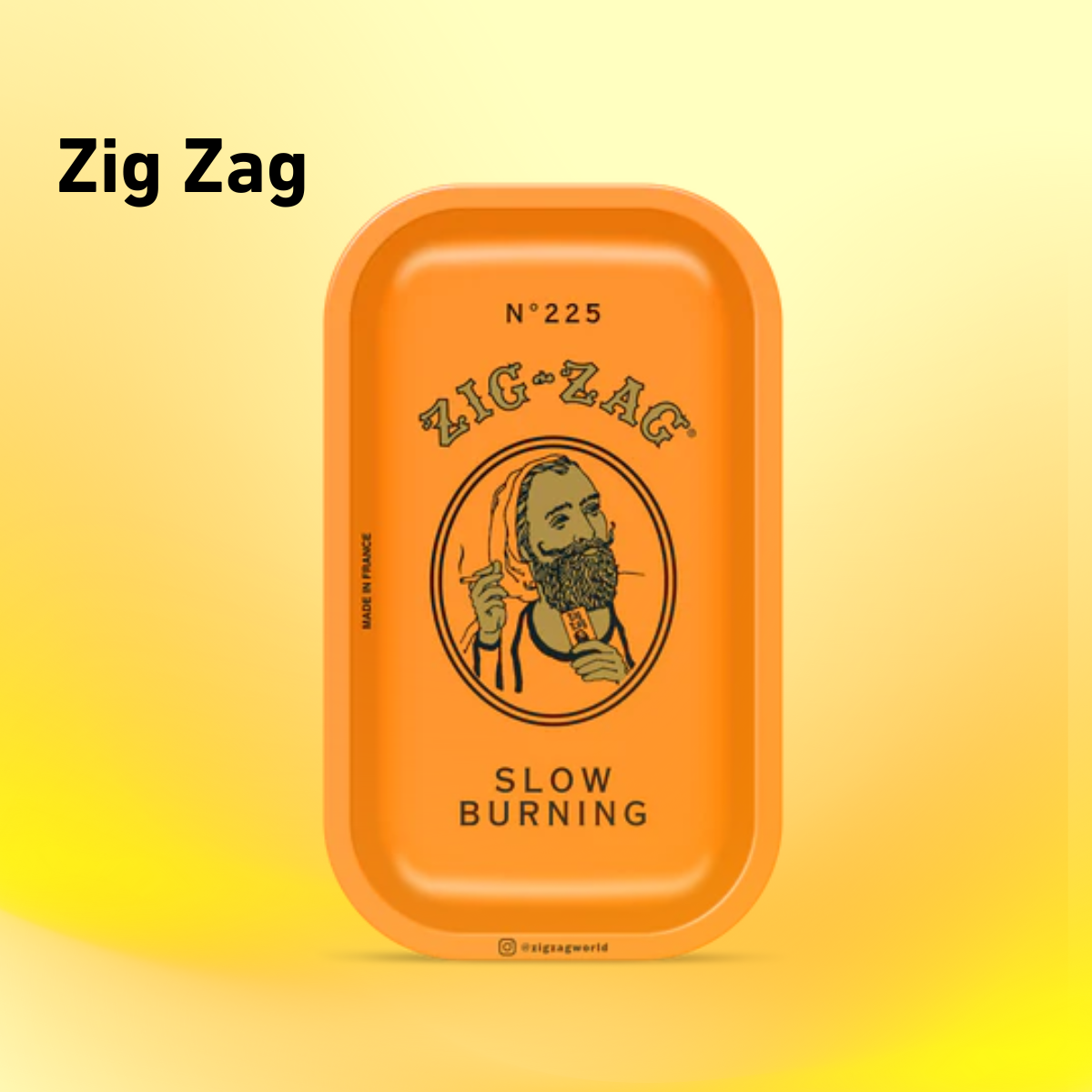



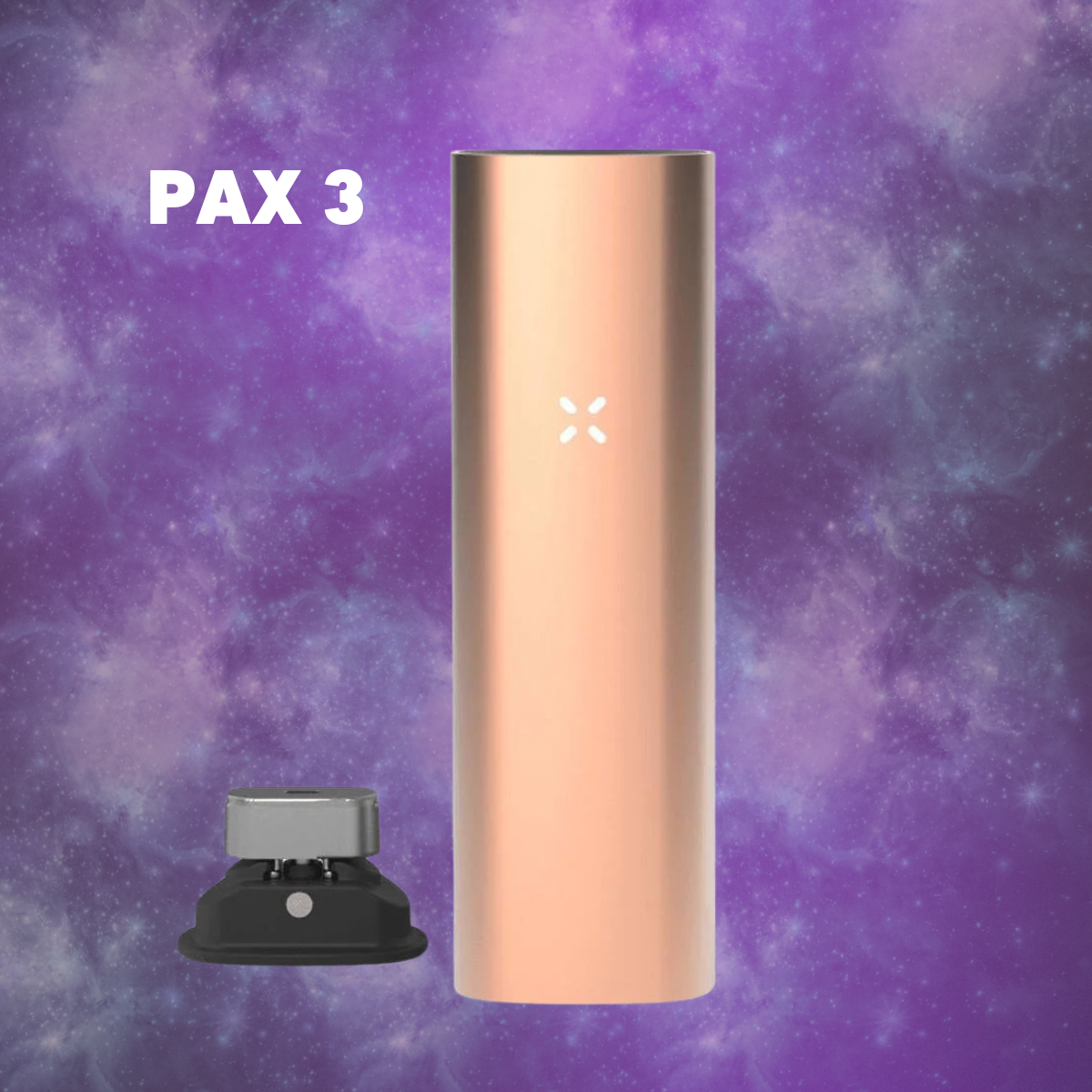

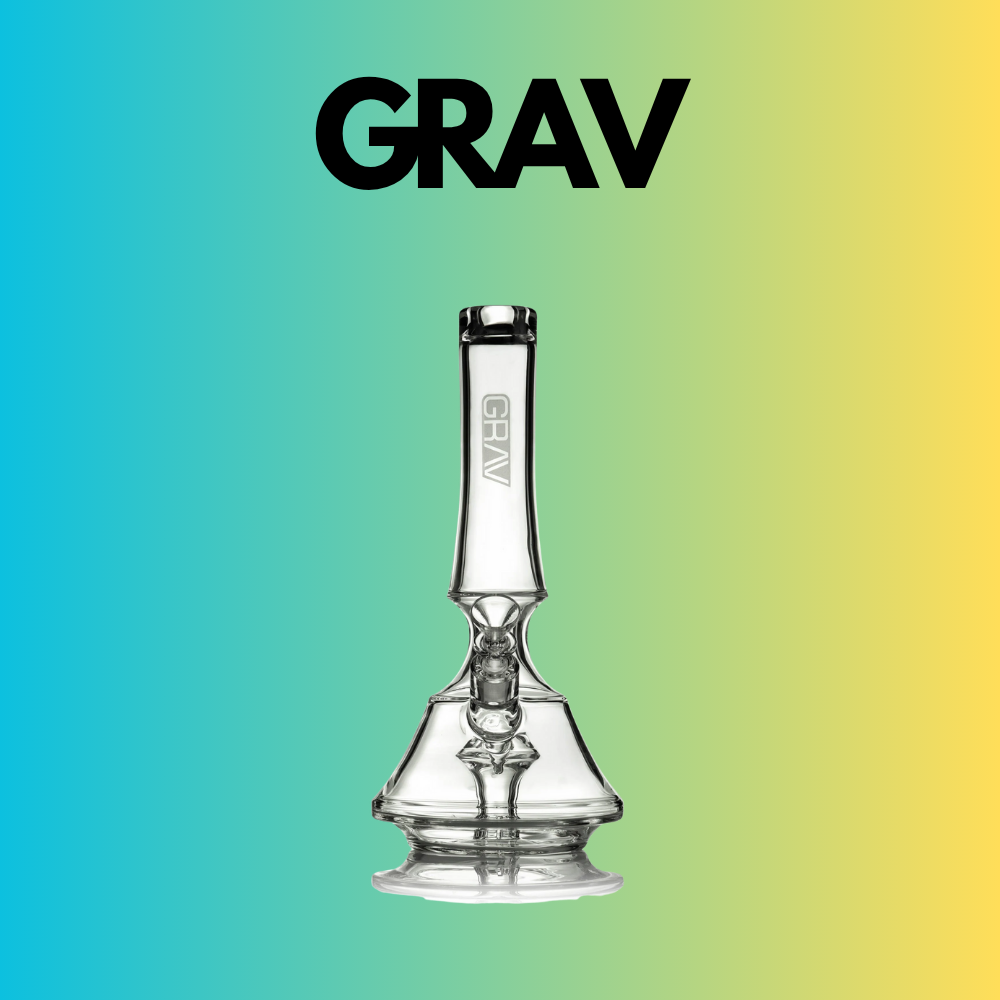






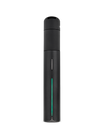

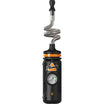

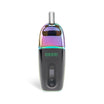

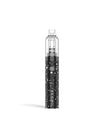
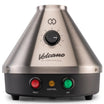
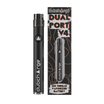









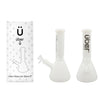






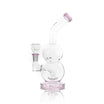


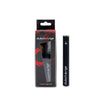



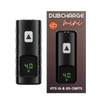

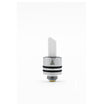
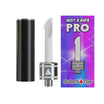
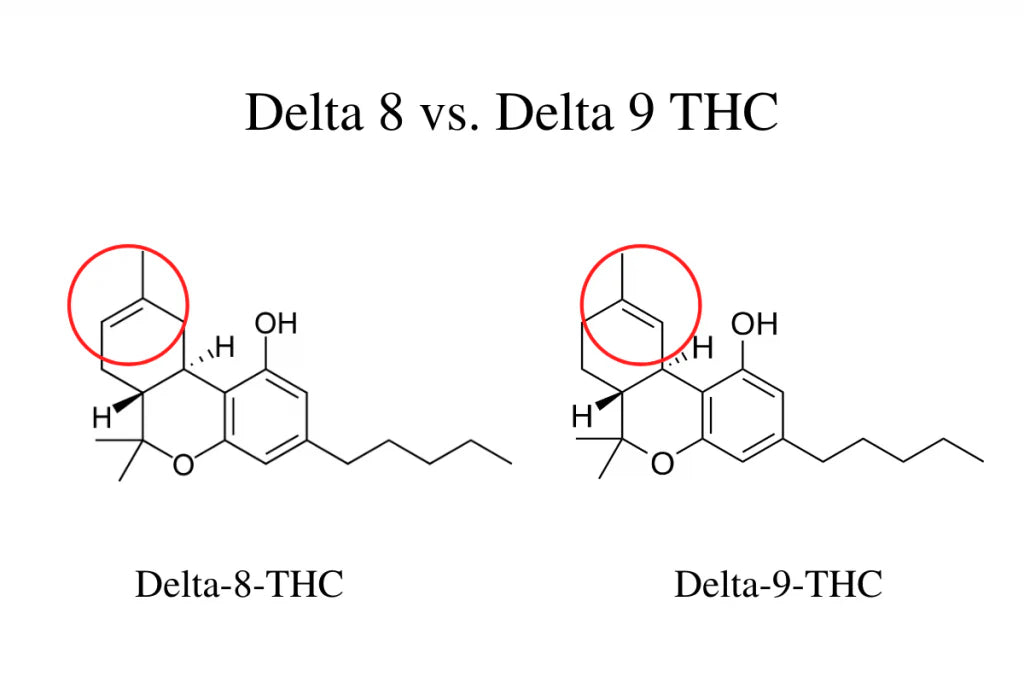

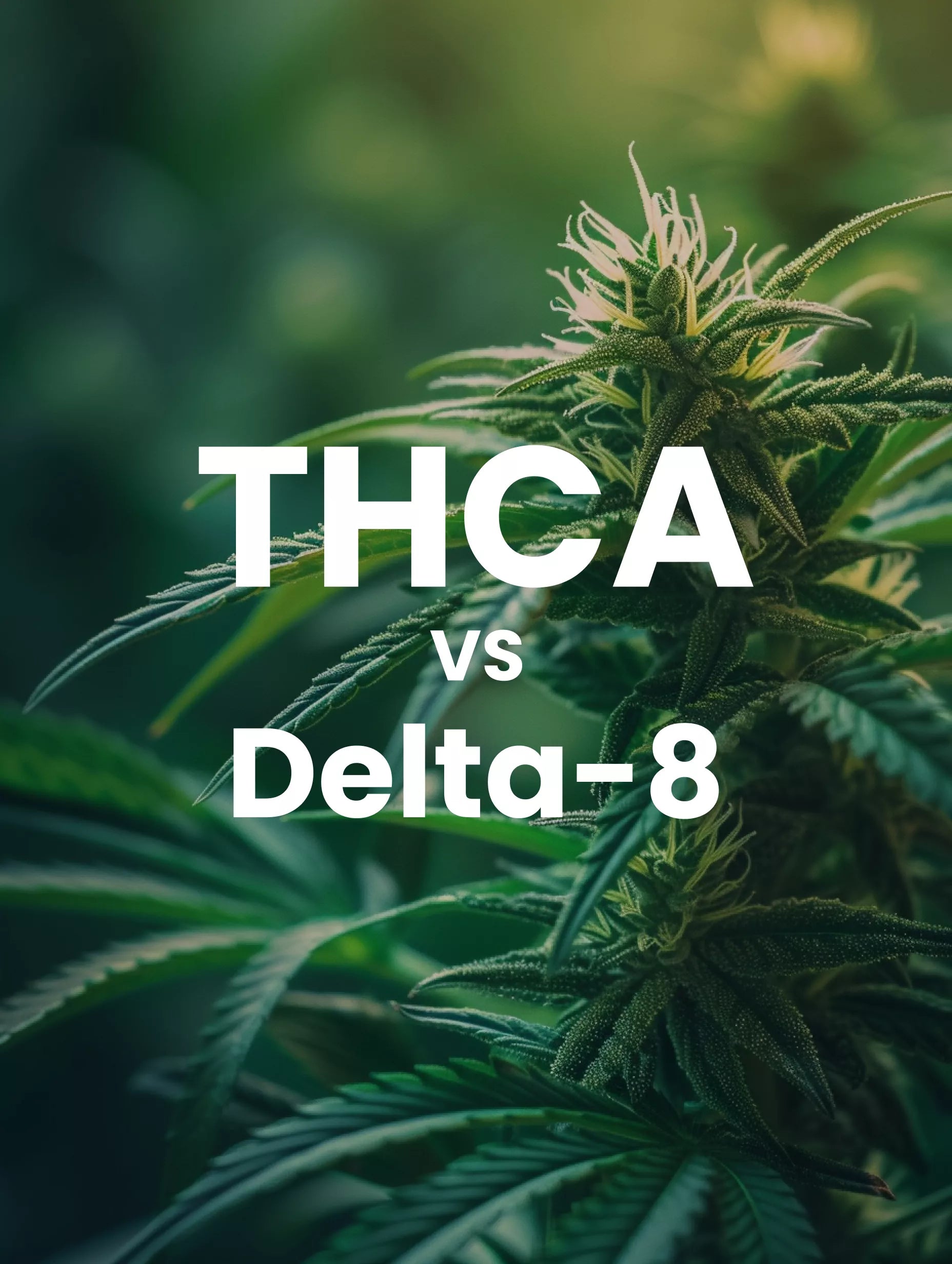
Leave a comment
This site is protected by hCaptcha and the hCaptcha Privacy Policy and Terms of Service apply.